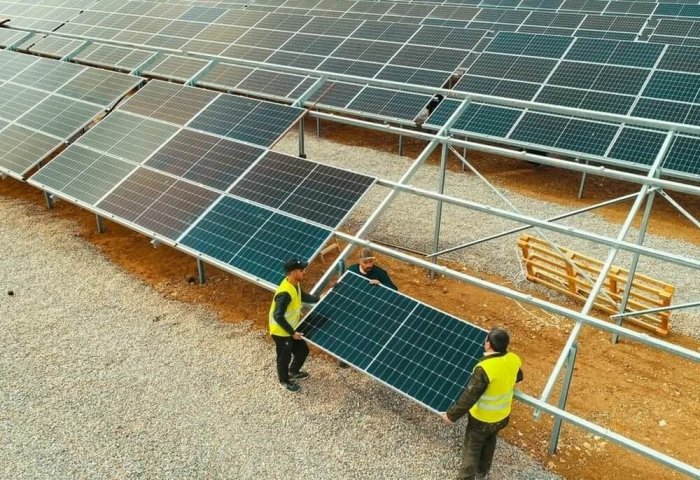Awareness of sustainable environment and global warming is increasing worldwide. The fossil fuels are expected to be replaced by renewable energy sources. Even after years of technological progress, investments and global climate commitments, 85% of global energy consumption is still derived from fossil fuels. This figure shows that we still need fossil fuels to generate energy. The transition from fossil fuels to renewable energy is not only very expensive, but also requires an economic transformation.
For renewable energy sources to replace fossil fuels, they need to meet at least these three conditions:
- be clean
- cost-effective;
- reliable.
No renewable energy today meets these three conditions at the same time. For example, while solar and wind energy are clean, and even affordable in some countries, they are not reliable because they depend on weather conditions. When the wind is not blowing or the weather is cloudy, they do not generate energy. Geothermal energy extracted from the Earth's core is expensive. Hydropower is only available in countries with mountains and abundant rainfall.
Because renewables have a lower energy density than fossil fuels, a lot of land is needed to produce the same amount of energy. For example, to power Istanbul you would need an area seven times the size of Istanbul covered with solar panels.
The transition from fossil fuels to renewable energy also require the extraction and transportation of large amounts of underground resources. An electric vehicle requires six times as much copper (about 100 kilograms) as a conventional car. It also needs 61 different metals, including lithium, nickel and cobalt.
The energy transition will also require new partnerships and alliances. In other words, it is essential to increase international cooperation. This is because the mineral resources needed for the transition to renewable energy are geographically concentrated in different regions.
As a result, the need for fossil fuels is expected to last for several decades. Moreover, there is no renewable clean energy solution for industrial use, marine and air transportation. This shows the importance of fossil fuels in the global supply chain.
Nurmyrat Mommayev,
PhD Candidate at Marmara University's Department of Political Science and International Relations in Istanbul, Turkey


















